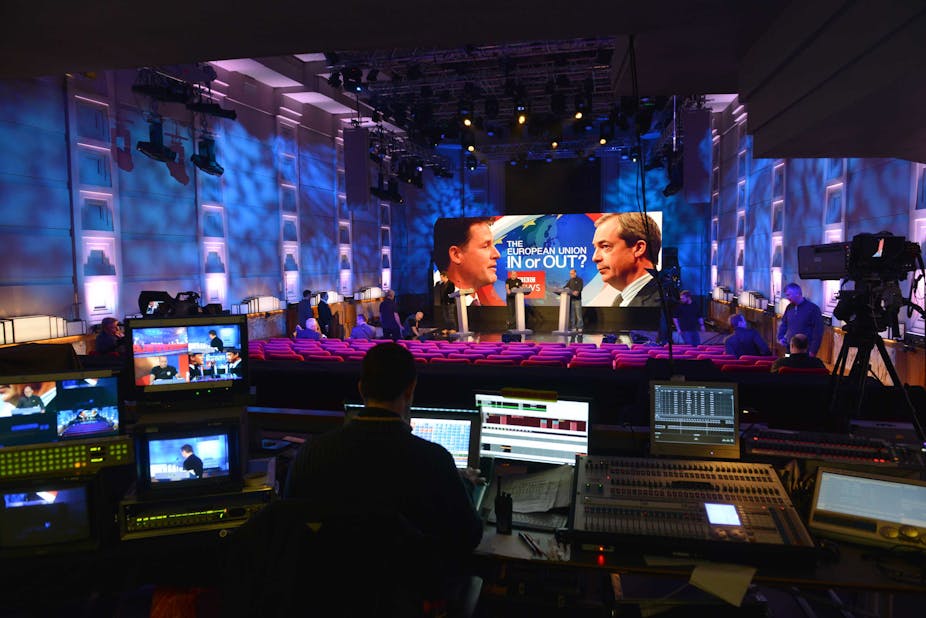The second Nick vs Nigel matchup was entertaining viewing for the political obsessives likely to make up most of its audience – both sides made their cases with clarity and passion. After an hour of detailed discussion on foreign policy, trade, immigration and political reform, along with roaming charges, Vladimir Putin and campaign leaflets, there was a clear winner. The best lines, the loudest applause and the audience at home all agreed with Nigel over Nick. YouGov’s instant reaction poll recorded a UKIP landslide - with 69% of their respondents rating Farage as the winner.
The UKIP leader was at his strongest when channelling popular outrage at the political establishment – accusing Nick Clegg of “wilfully lying to the British people, and calling for a "people’s army” to rise up against an undemocratic, unaccountable European Union. This was smart politics by Farage, whose strongest support comes from voters who are deeply unhappy with the state of British politics and hostile to all the mainstream parties and their leaders. Farage once again proved an effective channel for their outrage, lacerating Nick Clegg as the representative of an out-of-touch and unresponsive political class. The audience loved it, and – judging by the polls – so did the folks back home.
Farage also seemed surer on his feet than in the first debate. He was once again put on the defensive over Russia and Ukraine – and blundered when he seemed to both oppose the Ukranian “Maidan” revolution and blame it on the EU. However, he quickly recovered by adopting a robustly isolationist stance, asserting that Britain has “had enough of endless foreign wars” and accusing Nick Clegg of supporting military action in Libya and Syria that voters opposed. The ghost of Blair haunted the foreign policy section of the debate, as Farage made effective use of the anti-war arguments which have circulated among disaffected voters ever since the Iraq war.
A long discussion of immigration, and in particular the cultural impact of immigration, also provided Nigel with an open goal. Hostility to immigration is one of the biggest drivers of UKIP support, and it is the anxieties about immigration’s cultural effects, rather than its economic impact, which is most politically potent. Farage made the case that EU free movement rules make effective immigration controls impossible, and that cultural concerns were justified and important.
Clegg was weak on the issue of immigration control – rather than making the positive case for free movement he tried to claim that immigration control was possible under EU rules. This was unlikely to be regarded by most viewers as credible. However, Clegg was stronger on the cultural element, mounting a robust defence of “modern Britain”, accusing Farage of wanting to turn back the clock, and brandishing a possibly racist UKIP leaflet featuring a Native American and the slogan “He used to ignore immigration, now he lives on a reservation.”

